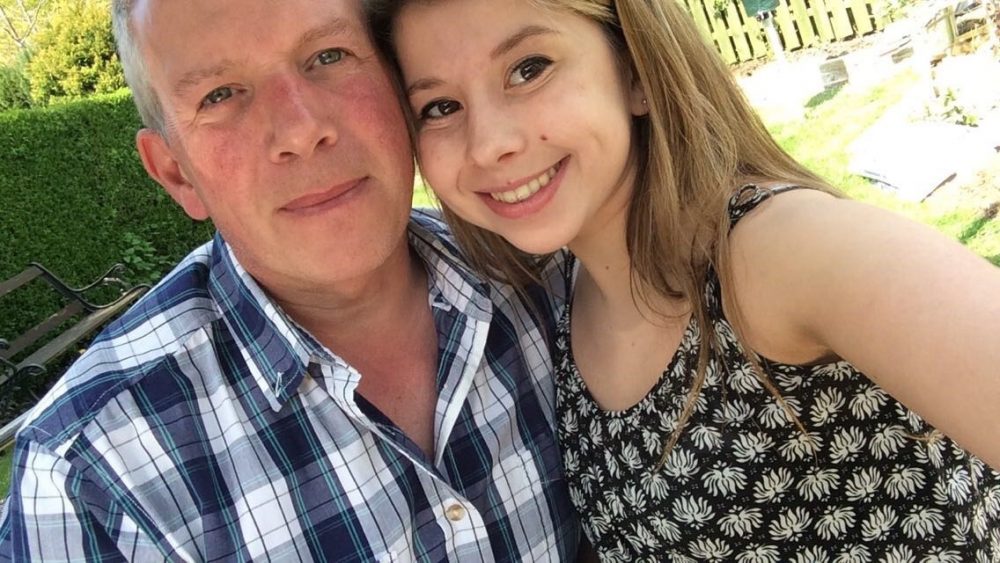York Hospital is urging people to talk to their loved ones about organ donation. Hannah Whitaker says this could be one of the most important conversations of your life
Leaders at York Hospital are now urging people to talk to their loved ones about organ donation.
This is because many people are still unaware that the law has changed. Less than a year ago, a new opt-out system was introduced.
It means that anyone over the age of 18 in England now has to opt out of being an organ donor rather than signing up to be one. This system will mean that more organs are readily available for organ donation
Hospital leaders are urging people to have the conversation about organ donation with their family members to make sure everyone’s decisions are known and agreed upon in the event of a death.
It couldn’t be a more important subject. Seventeen people a day die waiting for an organ transplant and there are currently 2,883 people on the waiting list for an organ.
By agreeing to be an organ donor, you can potentially save eight lives with your heart, two lungs, liver, pancreas, two kidneys and intestines.
Being an organ recipient myself, I know how organ donation can change a life because it changed mine.
Happy and healthy child

In 2011, aged 11, I was diagnosed with chronic kidney failure out of the blue. I was a very happy and healthy child so this came as a big shock.
The same day that I found out that my kidneys had failed, I had a seizure whilst undergoing testing and was resuscitated before going into intensive care. I was lucky to have been in hospital when this happened – otherwise I wouldn’t be alive to tell my story.
I was immediately put on the transplant list as I underwent two different types of dialysis.
Luckily for me, both of my parents were a match when tested to see if either of them could donate a kidney. We decided as a family that my Dad would go for further testing and he was given the all-clear to donate his kidney to me, which he did when I was aged 12 just under a year later.

I was fortunate enough to have a live donor that was a match and a relatively quick experience with organ donation. But this doesn’t happen often.
Just before my transplant, I met a young boy the same age as me who was finally about to have an organ transplant from a deceased donor after nine years of dialysis. Dialysis is a very draining treatment which can have dangerous side effects and many complications.
The nine months that I was on two types of dialysis were so physically and mentally draining, and this is such a short amount of time compared to other dialysis patients that are on the transplant list for years.
Without my kidney transplant, I wouldn’t have been able to live my life as I do now.
Living my life

I’ve gone on to achieve so many things in my life that make me proud of who I am and that I am able to share my story.
I started high school aged 11, despite only going in for three half days a week so could go to the hospital to have dialysis, and had my transplant aged 12.

When I was 14, I spoke in front of over 200 staff members at St James Hospital on behalf of the paediatrics in the celebration of the 4,000th transplant in Leeds and regularly did assemblies on organ donation at school to educate young people at the age of 15.
At 16, I raised more than £1,000 for my surgeon’s charity Life On Ice which produces a fluid that keeps kidneys alive longer for transportation purposes which has been used around the world.
In the years that followed, I passed all my GCSEs and A Levels and got into university to pursue a career in journalism.
All of this couldn’t have been done if my Dad hadn’t donated his kidney to me and allowed me to live my life again. People have the opportunity to do this for others if they donate their organs after death.
Nearly nine years after my transplant, I am on daily medication and have regular check-ups but I am happy and healthy.
As I was so young when I had my transplant, it means I will most likely have to have another in my lifetime but I live every day to the fullest and I am thankful I was given a second chance at life.
The idea of donating your organs or having a family member’s organs donated can be daunting, especially if their death is sudden.
This is why you should talk to family members about their opinions on organ donation and make a decision.
Despite the opt out system coming into effect, people still have the choice to not donate their organs which can be stated on the organ donation website.
